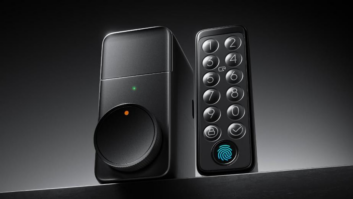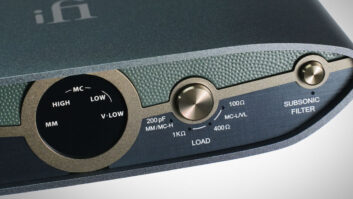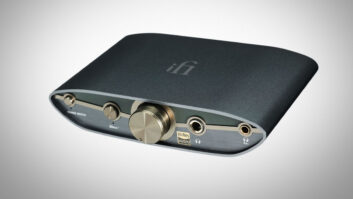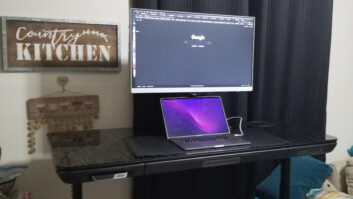
Taoyuan, Taiwan – HTC will trim its smartphone portfolio and operating costs, expand its selection of more profitable premium phones, and develop more trendy handsets, but it won’t reverse initiatives to enter the virtual-reality and interconnected-device markets, including fitness products, said global sales president Chialin Chang.
His comments followed a second quarter in which the company reversed four consecutive quarters of net profits to post a net loss of NT$8 billion ($252.7 million), an operating loss of NT$ 5.1 billion ($161.1 million), and revenues of NT$33 billion ($1.04 billion), down 49 percent from the year-ago NT$65.1 billion.
The company expects its virtual-reality headset, the HTC Vive, to be available at the end of the year in partnership with Valve. The company said it is working with more than 1,000 developers to create content in such applications as gaming, entertainment and education. The company continues to work with sports-apparel maker Under Armour to develop fitness products.
HTC will start seeing a more significant contribution from non-handset products in 2016, Chang said.
Meantime, HTC will start scaling back operating expenses in the third quarter, step up the cuts in the fourth quarter, and start in the first quarter to bring operating expenses down “quite significantly,” he said.
The company will “actually reduce our [handset] portfolio starting 2016 quite dramatically in light of that strategy that I talked about,” he continued. The company will still offer mid-tier phones, but “the lifecycle of mid-tier is going to be longer.” That strategy will become apparent in the first half of 2016, he said.
In stepping up HTC’s premium-segment focus, Chang noted that “premium doesn’t necessarily mean just flagship-only.” Premium “could be a couple of tiers below the flagship product tier. So we’re going after profitability instead…We’re going into the profit share and profitability instead of the volume share.”
HTC took a second-quarter hit because of global softness in the high-end smartphone market, “part of it due to the overall Android market,” Chang said. HTC also contributed to its first quarter problems with the flagship One smartphone, which did not meet the demands of “a group of people and consumers who prefer a more fashionable one with HTC DNA,” he said. The One did not create a halo effect to help drive up sales of other HTC phones, he noted.
In the fourth quarter, the company will “reposition a classic version of our flagship phone, tweaking some of the features there and positioning it even sweeter spot, hopefully to carry into the holiday,” Chang said. The company also plans a trendier phone in the quarter.
China softness also contributed to HTC’s problems, he said.













